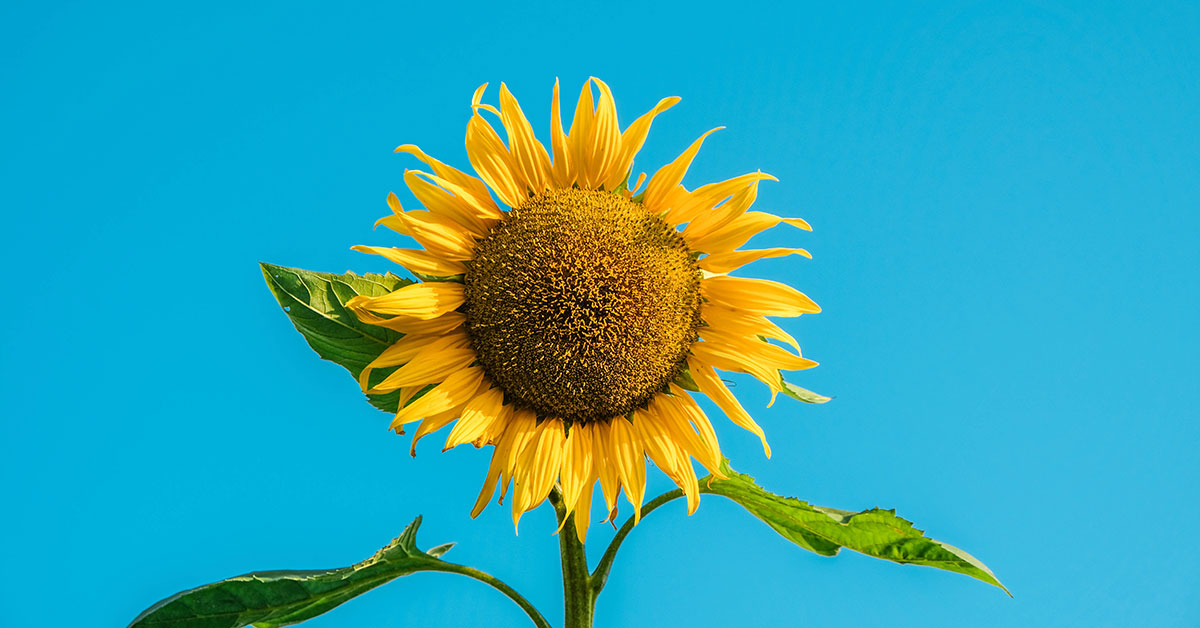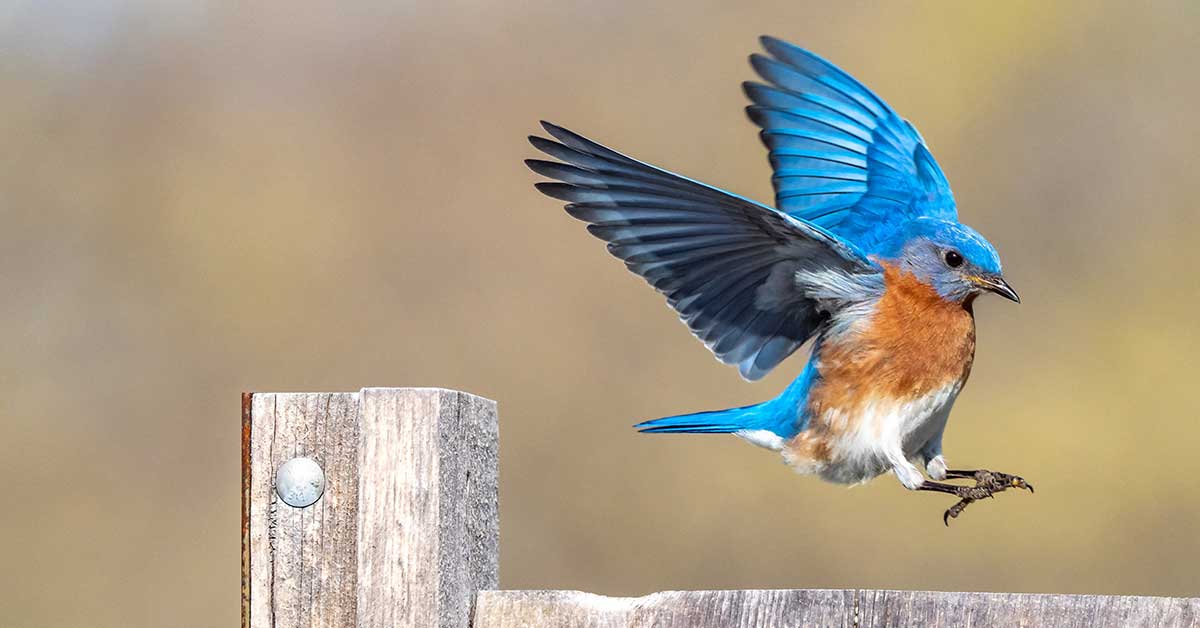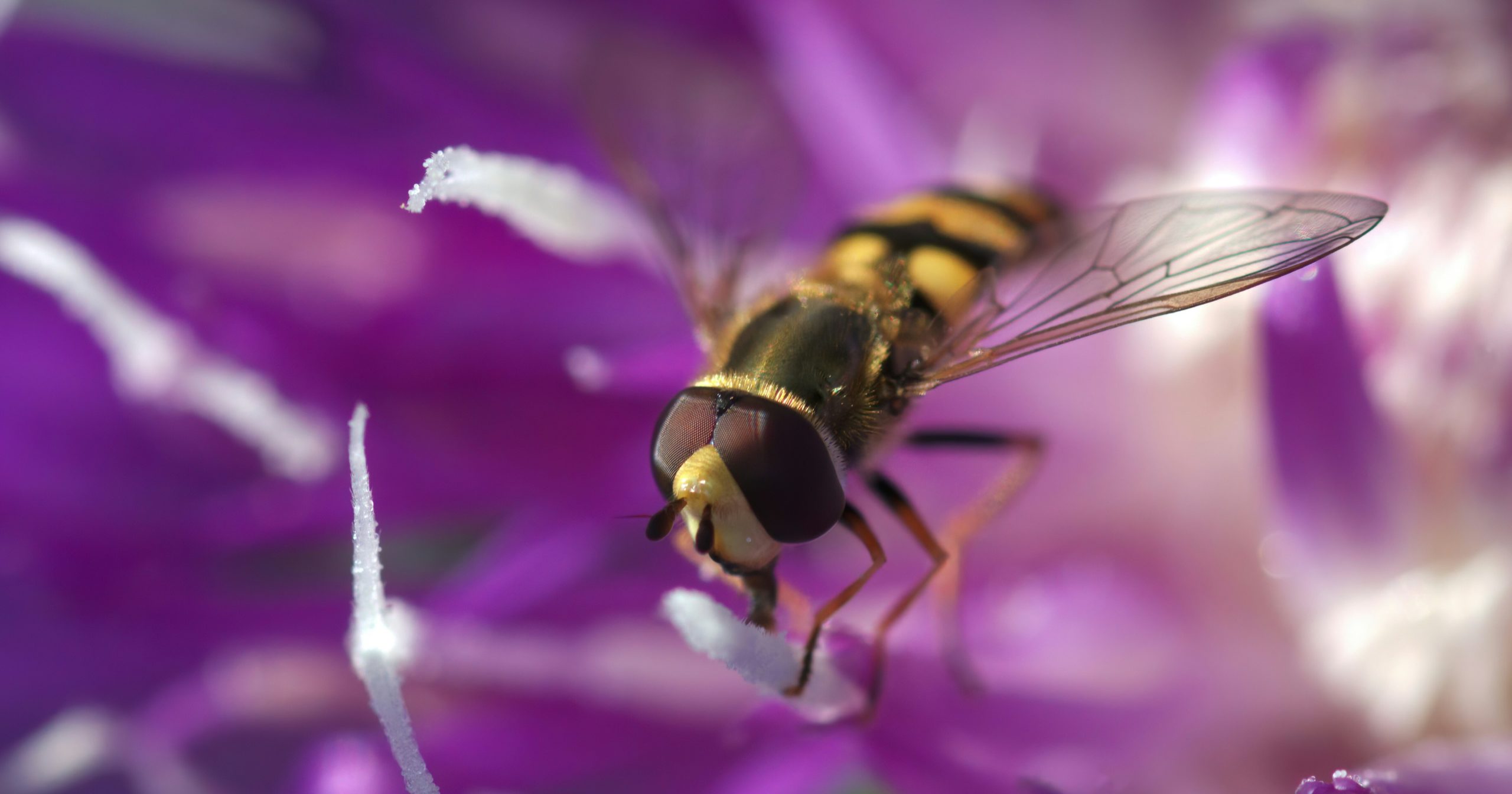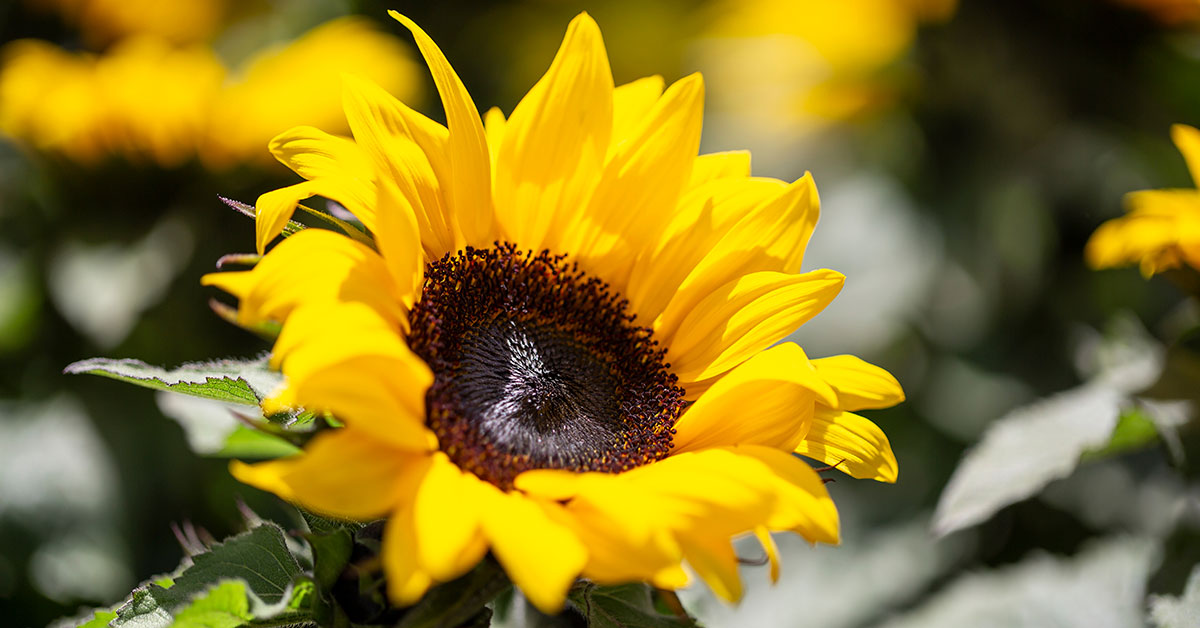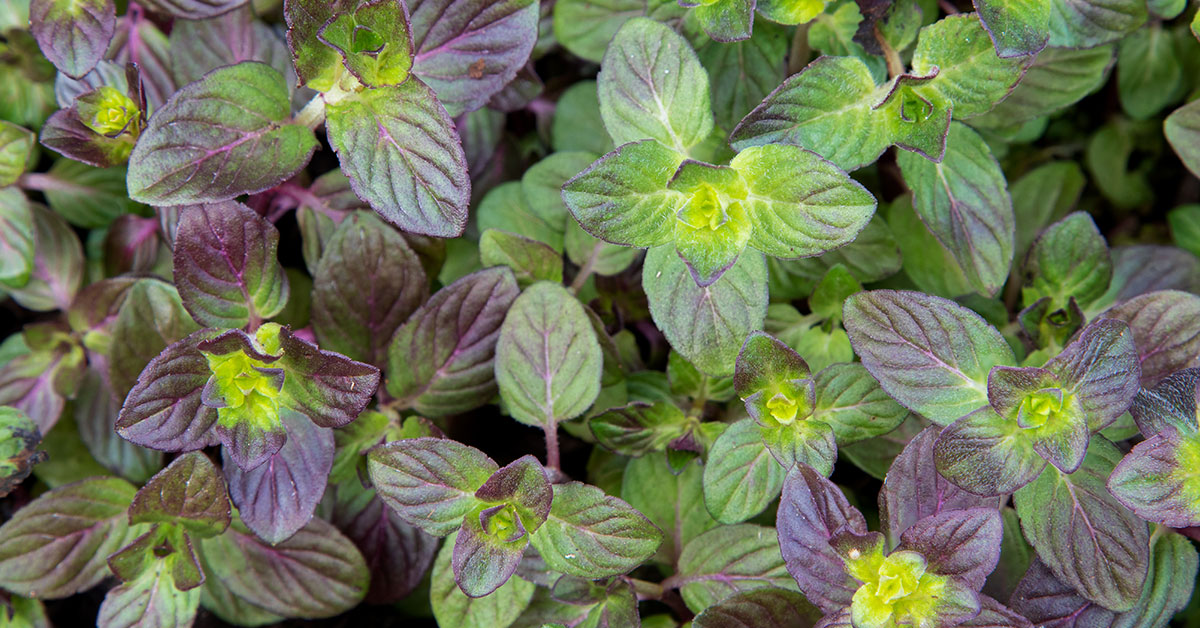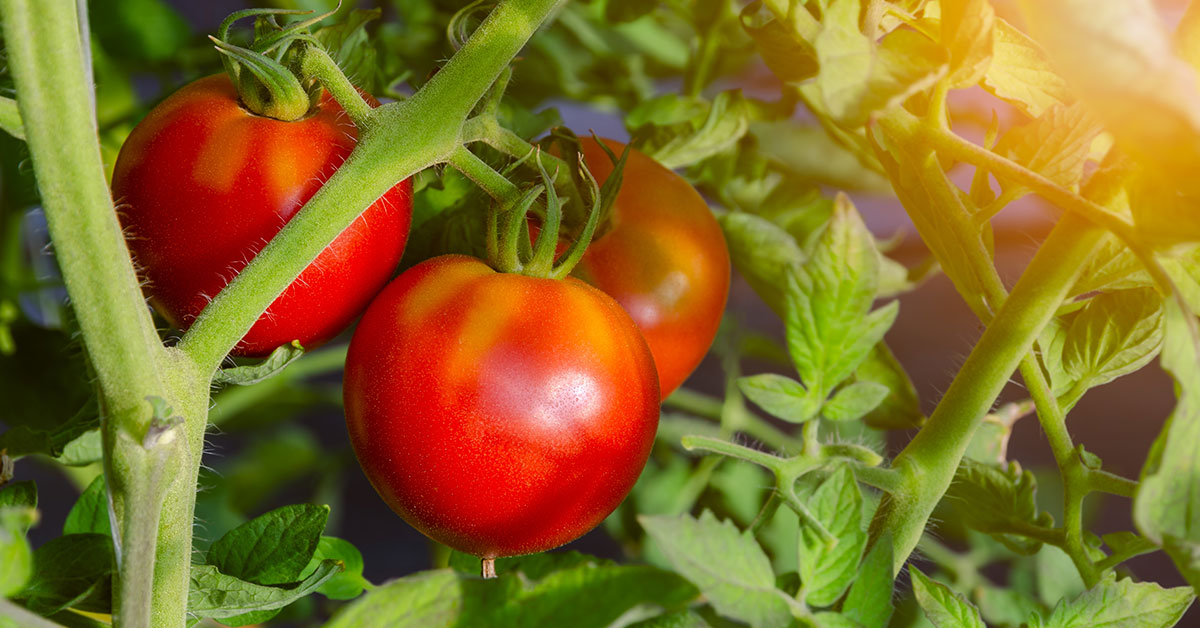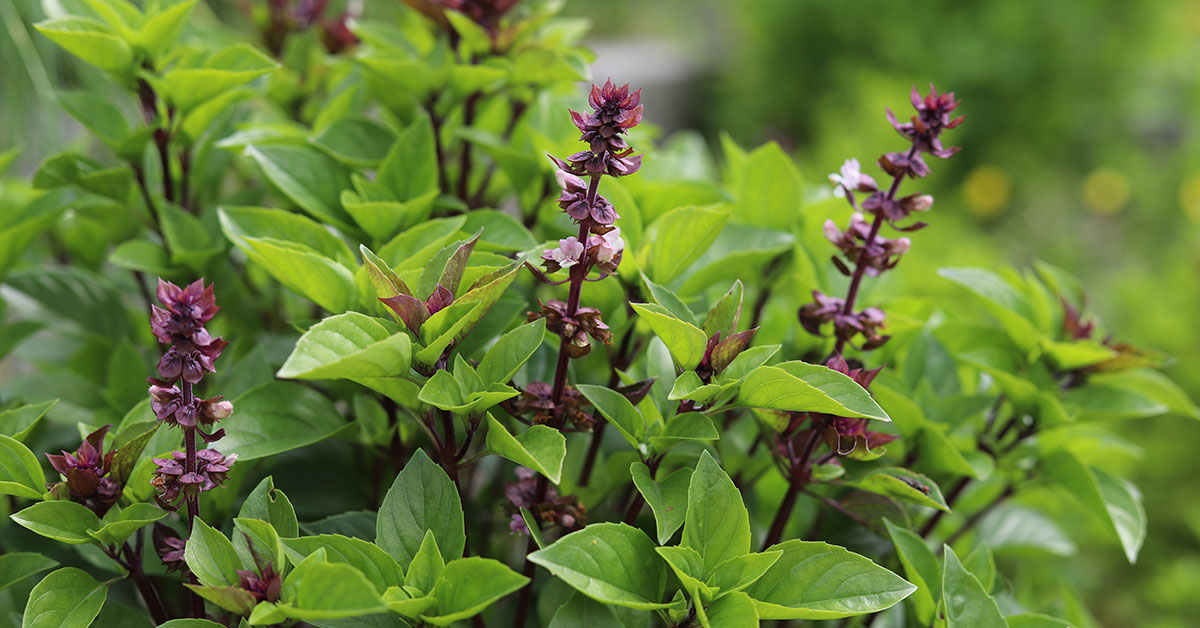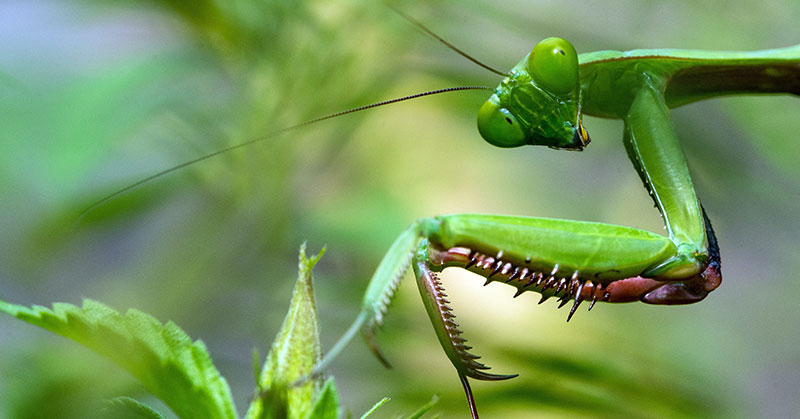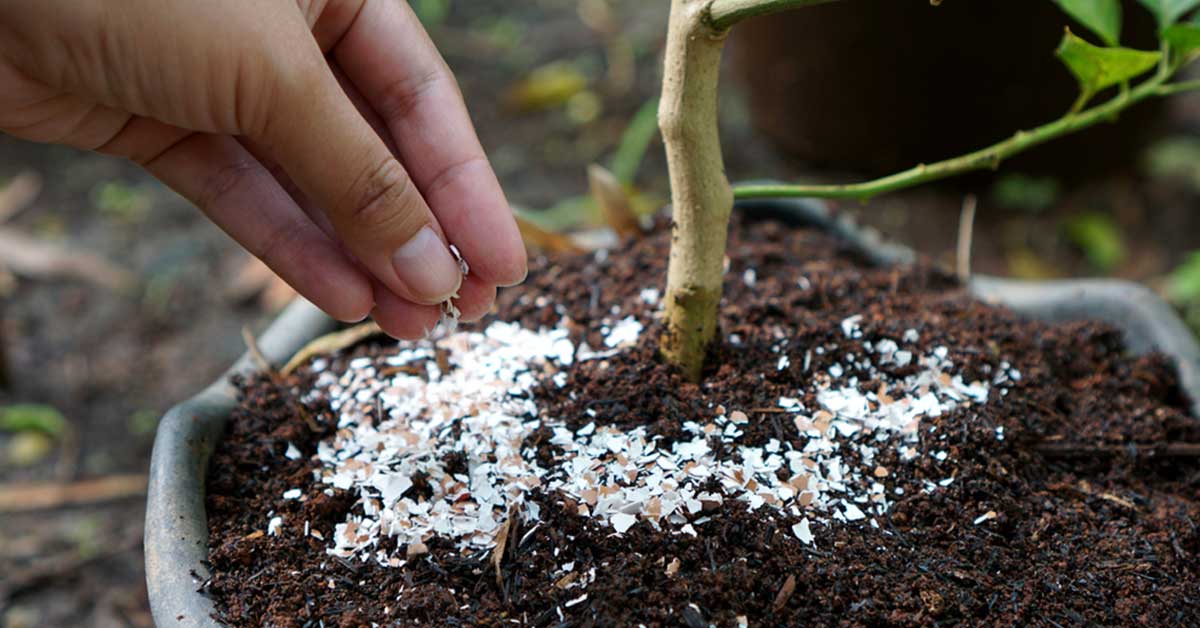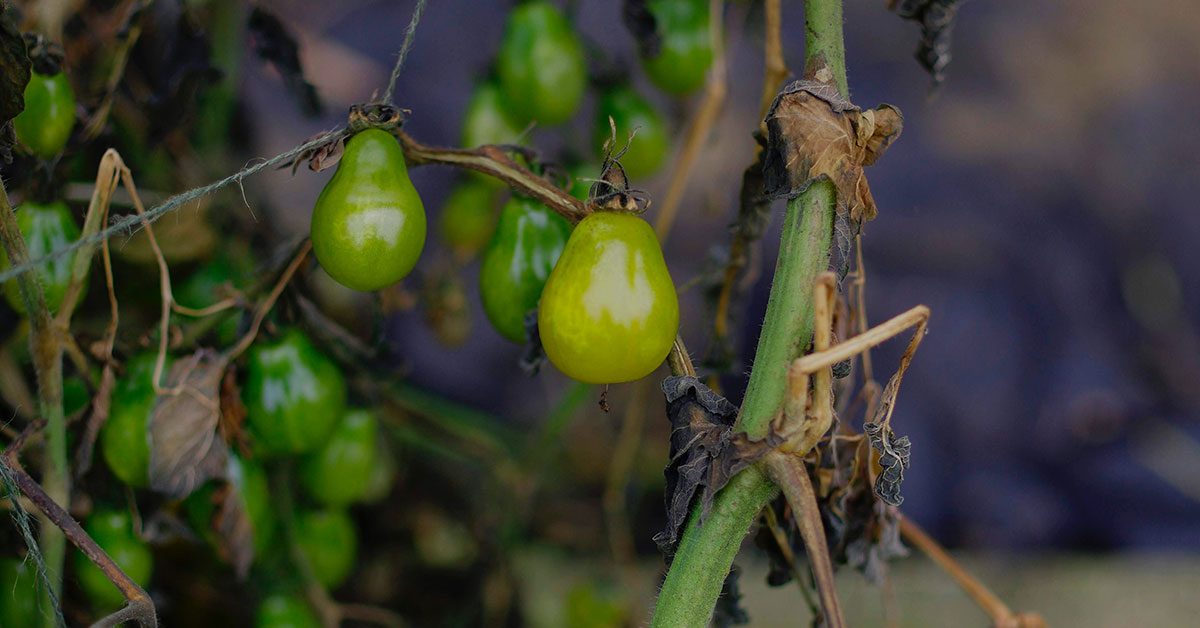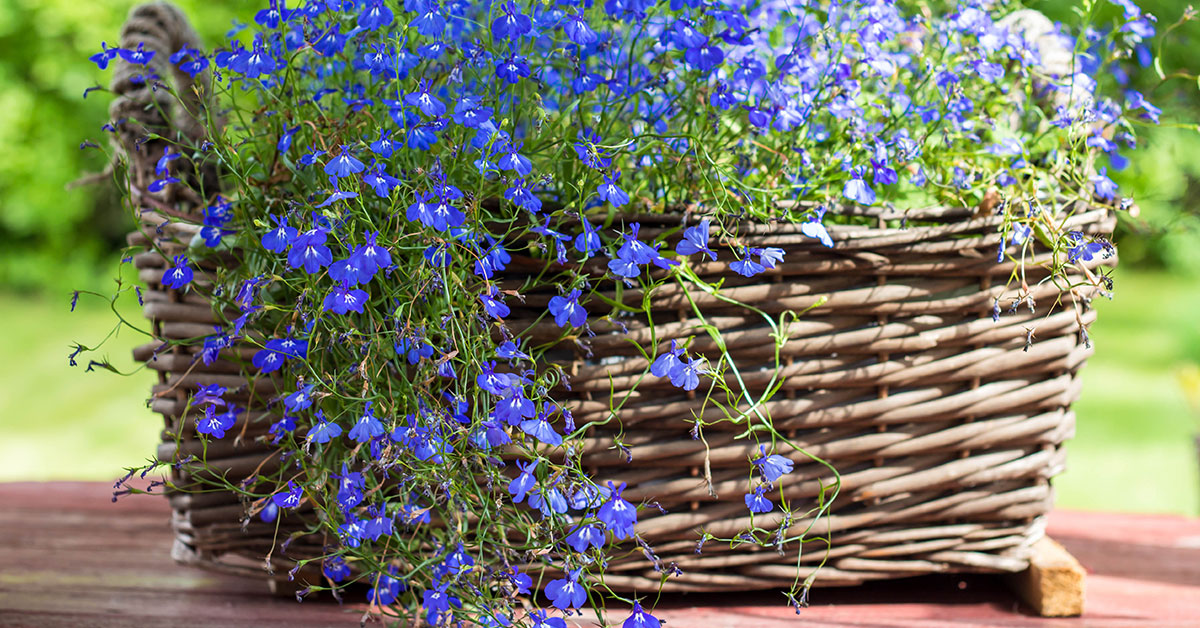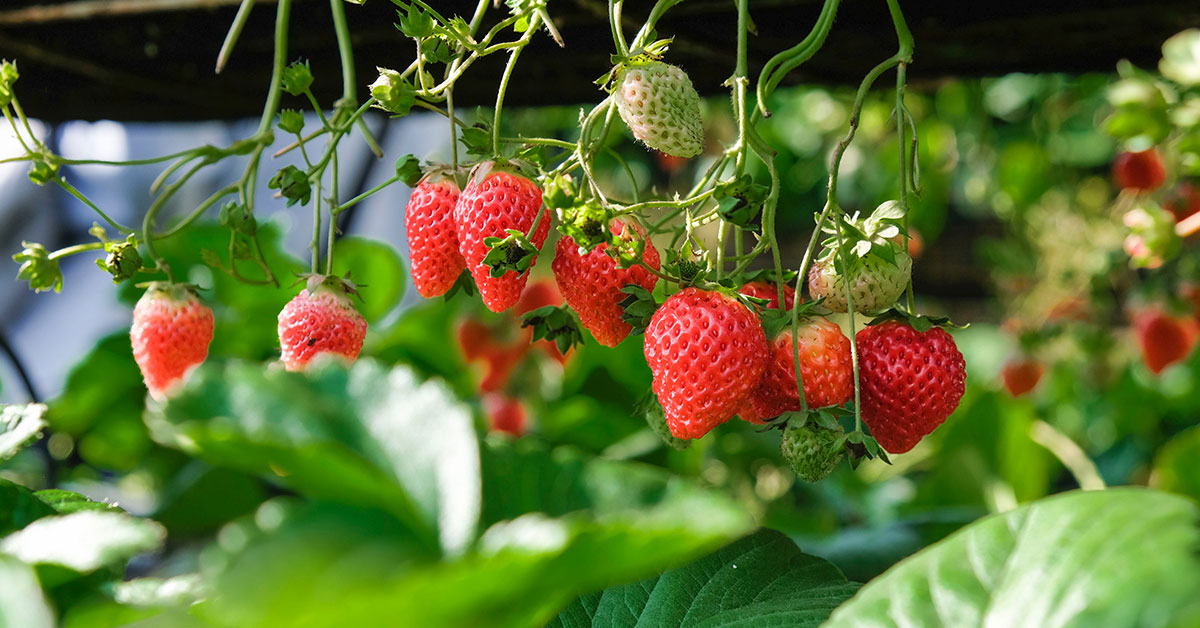Organic gardening is a practice that emphasizes using natural methods to grow plants and maintain a healthy garden. However, there are many misconceptions about organic gardening that can discourage people from giving it a try. Understanding the truth behind these myths can help you make informed decisions and enjoy the benefits of organic gardening without unnecessary worries.
In this article, I’ll debunk ten common myths about organic gardening. From concerns about productivity to the belief that it’s too complicated, I’ll provide clarity and practical insights. Let’s bust these myths and reveal the true potential of organic gardening!
Myth: Organic Gardening is Too Expensive
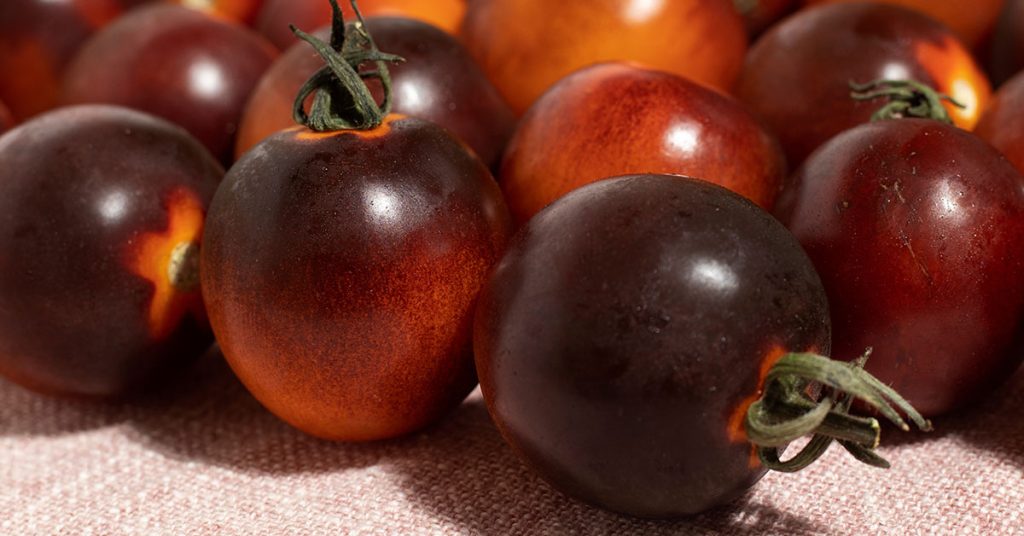
One common myth is that organic gardening is prohibitively expensive. While it’s true that some organic products might cost more upfront, organic gardening can actually save you money in the long run. By using compost, homemade fertilizers, and natural pest control methods, you can reduce or eliminate the need for costly chemical products.
I’ve found that organic gardening encourages resourcefulness. For example, composting kitchen scraps and yard waste provides a free source of nutrient-rich fertilizer. Additionally, organic gardens often require fewer inputs overall, as healthy soil and ecosystems naturally support plant growth and pest control. Over time, these practices can lead to significant savings.
Myth: Organic Gardening Yields Less Produce
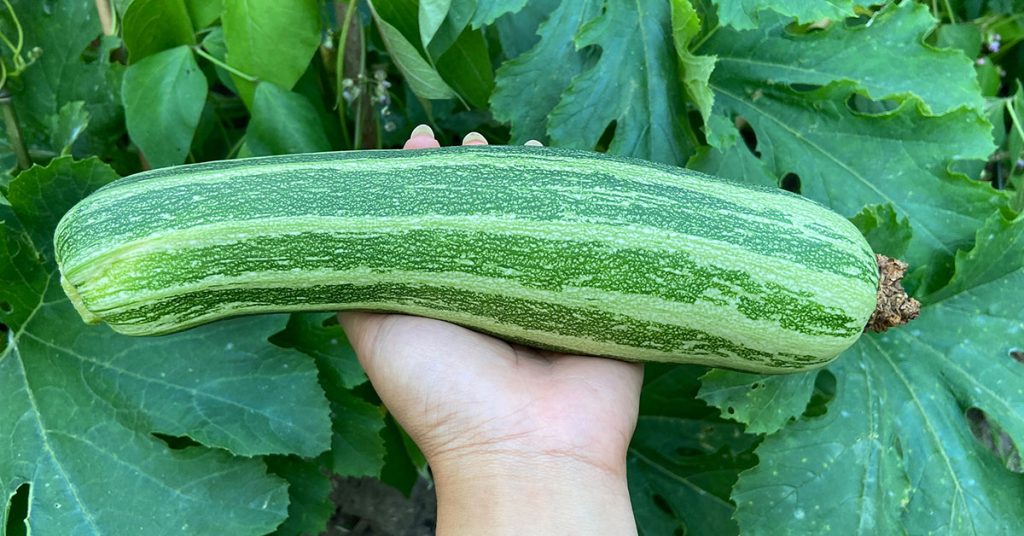
Another myth is that organic gardening yields less produce than conventional methods. While initial yields might be lower as you transition to organic practices, studies have shown that organic gardens can be just as productive, if not more so, over time. Healthy soil, rich in organic matter and beneficial microbes, supports robust plant growth and resilience.
I’ve experienced this firsthand in my garden. After a few seasons of building up the soil with compost and organic amendments, my plants have thrived and produced bountiful harvests. Organic gardening focuses on long-term soil health, which ultimately leads to healthier, more productive plants and sustainable yields.
Myth: Organic Gardening is Only for Vegetables
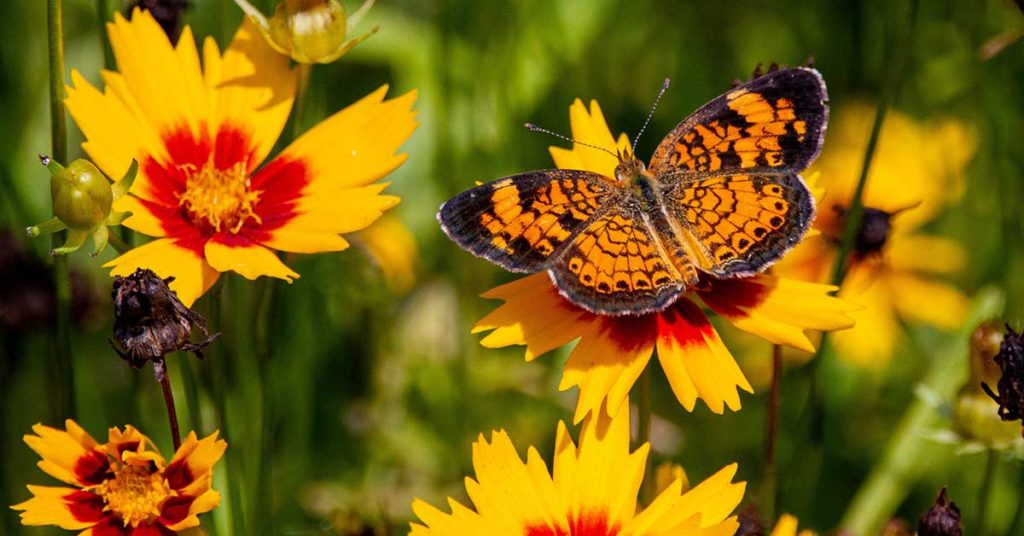
Many people believe that organic gardening is only suitable for growing vegetables. In reality, organic methods can be applied to any type of garden, including flower beds, ornamental landscapes, and fruit orchards. The principles of organic gardening, such as building healthy soil and using natural pest controls, benefit all types of plants.
I love using organic practices in my flower garden! The vibrant blooms and healthy growth I see each season are proof that these methods work for all types of plants. Whether you’re growing roses, perennials, or even a small orchard, organic gardening techniques can enhance the beauty and health of your garden.
Myth: Organic Gardening is Complicated
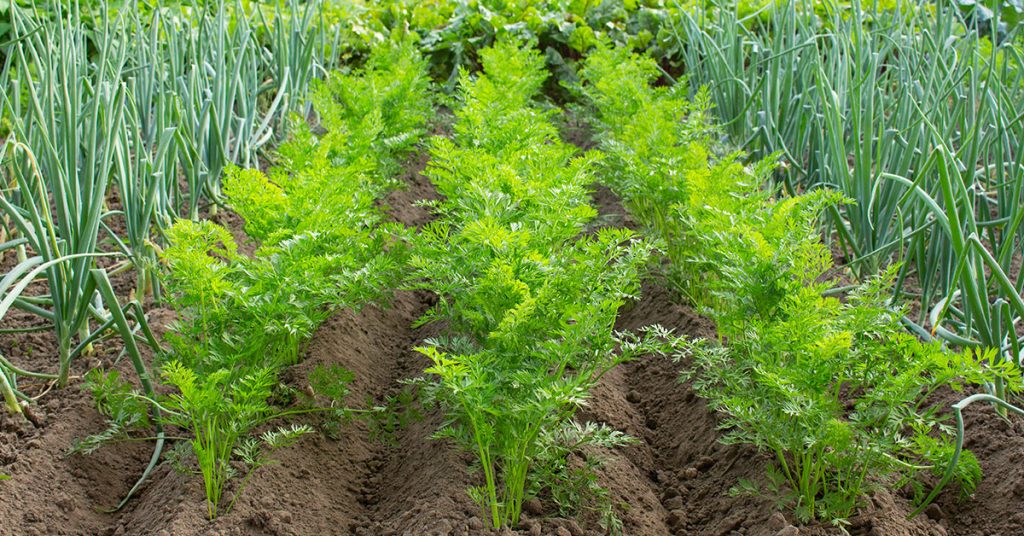
Some gardeners shy away from organic methods, thinking they’re too complicated or time-consuming. While organic gardening does require some learning and adjustments, it’s not inherently more difficult than conventional gardening. Many organic practices, such as mulching and composting, are straightforward and can simplify garden maintenance.
I find that organic gardening is about working with nature rather than against it. Once you understand the basics, it becomes a natural and rewarding way to garden. Plus, there are plenty of resources available—books, websites, and community groups—that can help you get started and succeed with organic gardening.
Myth: Organic Pesticides are Not Effective
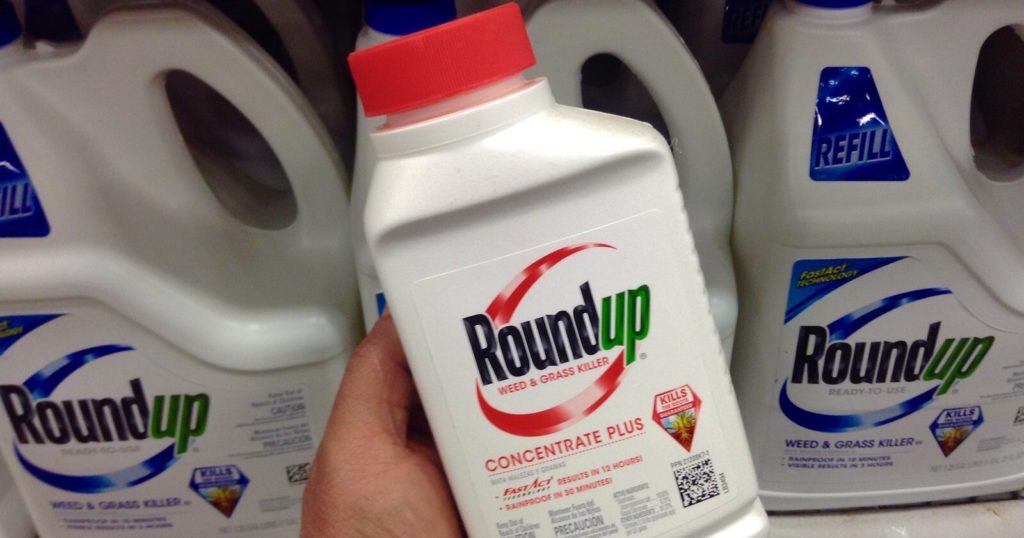
A persistent myth is that organic pesticides are ineffective compared to synthetic ones. While organic pesticides may work differently, they can be highly effective when used correctly. Organic gardening emphasizes prevention and using a variety of methods to control pests, including introducing beneficial insects and using natural repellents.
In my garden, I’ve successfully used neem oil and insecticidal soap to manage pest populations. These organic solutions are effective and safe for the environment, including beneficial insects. The key is to monitor your garden regularly and use organic pesticides as part of an integrated pest management approach.
Myth: Organic Gardening is Just a Trend
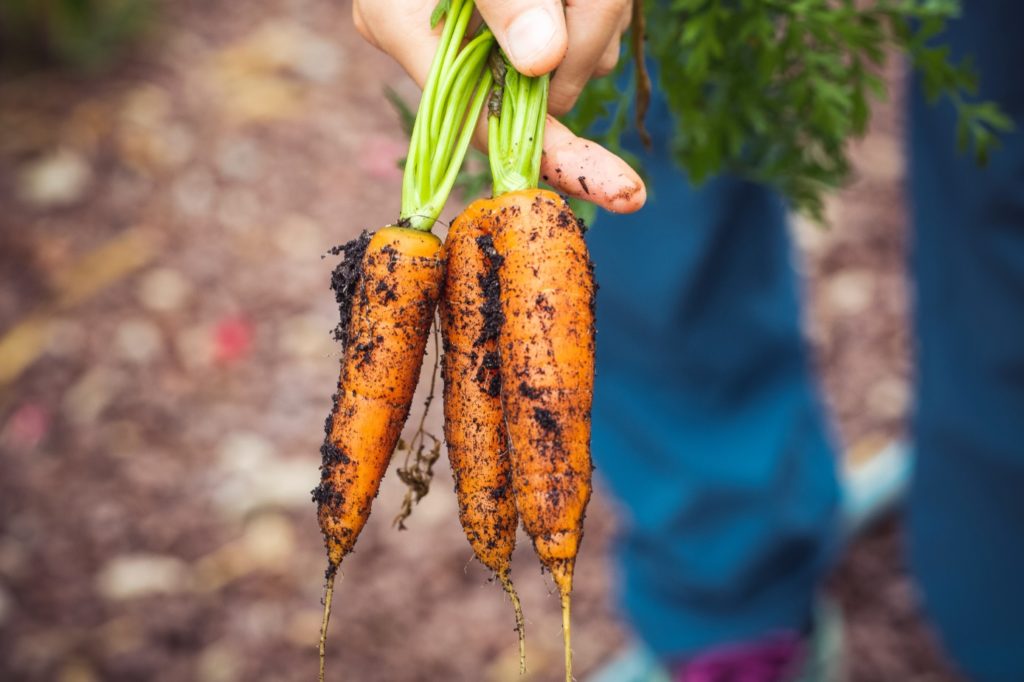
Some people think that organic gardening is merely a passing trend. However, organic gardening has been practiced for centuries and is grounded in sustainable and ecological principles. It’s not a fad but a time-tested approach to growing healthy plants and preserving the environment.
I appreciate the timelessness of organic gardening. It connects us to traditional farming practices and emphasizes sustainability, which is increasingly important in today’s world. By adopting organic methods, you’re contributing to a long-standing tradition of caring for the earth and promoting ecological balance.
Myth: Organic Gardens Look Messy
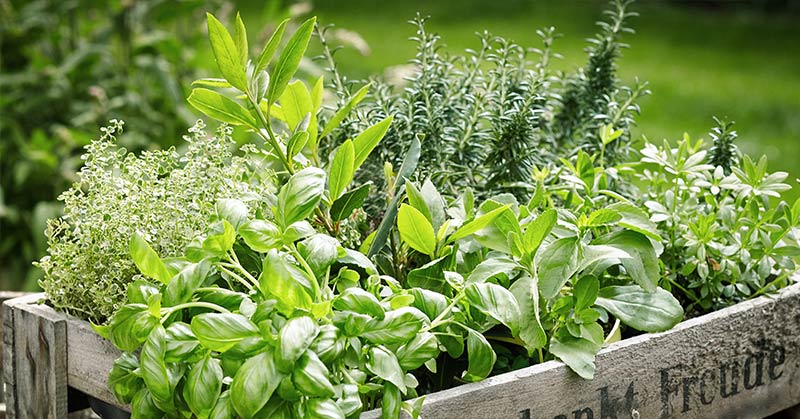
There’s a misconception that organic gardens are untidy or unkempt. While organic gardens may embrace a more natural aesthetic, they can be as orderly and beautiful as any garden. Techniques like mulching, companion planting, and strategic plant placement can create a well-organized and visually appealing space.
I love the diverse and vibrant look of my organic garden. It’s full of life and color, and the natural design attracts a variety of beneficial insects and wildlife. Organic gardens can be lush and beautiful, with a sense of harmony and balance that’s both visually pleasing and ecologically sound.
Myth: Organic Gardening is Not Scalable
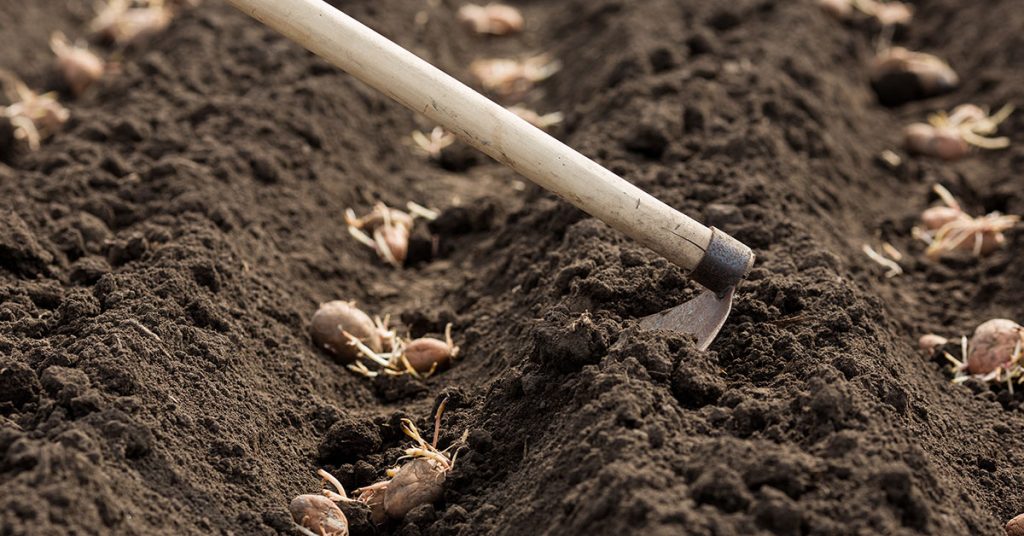
Another myth is that organic gardening is only feasible on a small scale. However, organic practices can be scaled up to suit any size garden, from small backyard plots to large commercial farms. The principles of organic gardening—such as building healthy soil, using natural fertilizers, and encouraging biodiversity—are applicable at any scale.
I’ve seen amazing examples of large-scale organic farms that produce high yields and maintain ecological balance. Whether you have a small urban garden or a large rural property, organic gardening techniques can be adapted to meet your needs and goals. It’s all about applying the same principles and adjusting them to fit your space.
Myth: Organic Gardening Requires Perfect Conditions
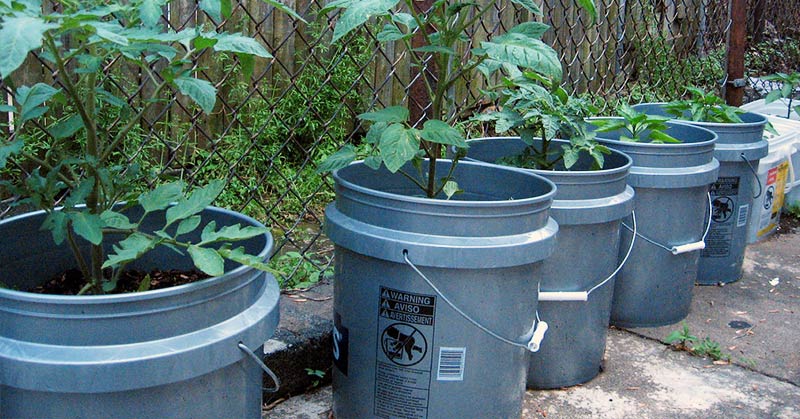
Many people think that organic gardening requires ideal growing conditions and perfect soil. While good soil health is a cornerstone of organic gardening, these methods are adaptable to a wide range of conditions. Organic gardening focuses on improving soil health over time, making it more resilient and fertile.
I started my organic garden in less-than-ideal soil, and with time and effort, I’ve seen dramatic improvements. Adding compost, practicing crop rotation, and using cover crops have transformed my garden’s soil. Organic gardening is about continuous improvement and working with your garden’s unique conditions to create a thriving ecosystem.
Myth: Organic Gardening is Labor-Intensive
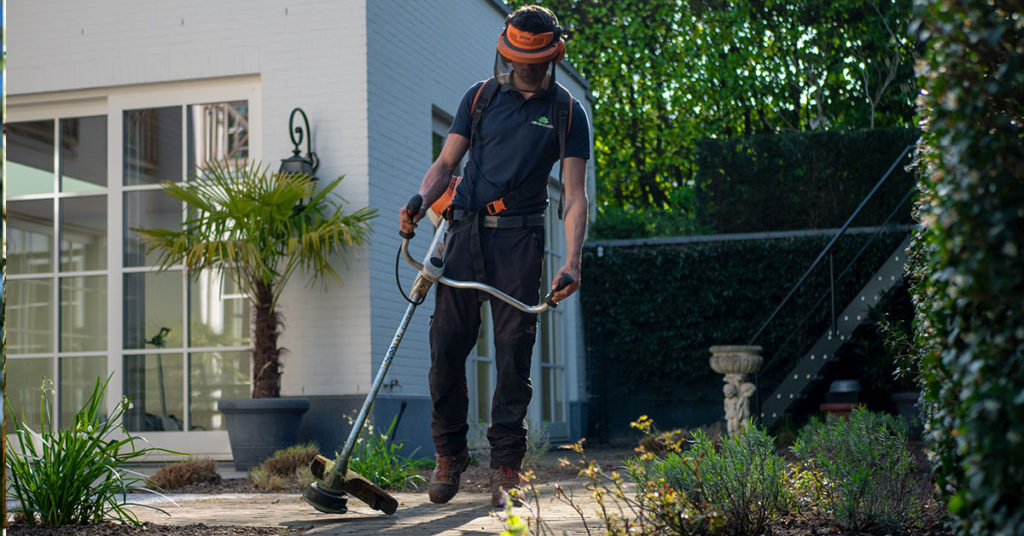
The myth that organic gardening is overly labor-intensive can deter people from trying it. While some organic practices may require initial effort, they often reduce labor in the long run. For example, mulching can suppress weeds and reduce the need for watering, while healthy soil requires less frequent fertilization.
I’ve found that organic gardening has streamlined my gardening routine. The initial work of setting up compost bins and learning new techniques has paid off with a healthier, more self-sustaining garden. Organic gardening encourages efficient, thoughtful practices that ultimately make gardening easier and more enjoyable.
